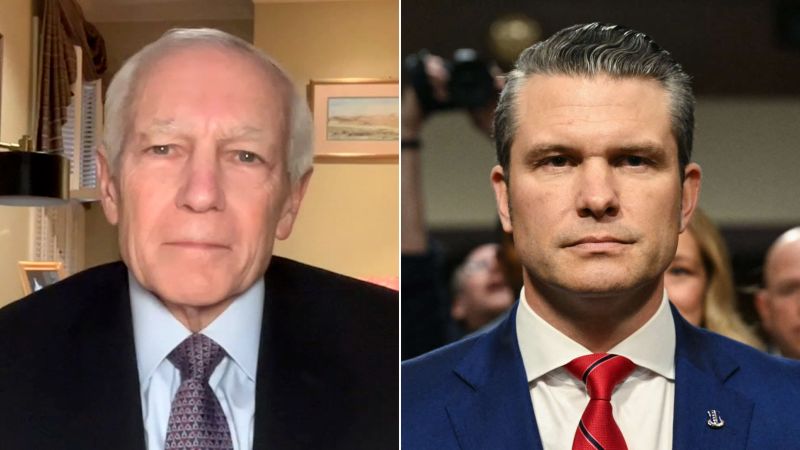Defense Insider Warns: The Steep Climb Ahead for Hegseth's Pentagon Potential

In a recent CNN interview, retired NATO Supreme Allied Commander General Wesley Clark offered insights into Pete Hegseth's potential confirmation as Secretary of Defense, highlighting the critical challenges that lie ahead for the nominee. With his extensive military expertise, Clark provided a nuanced perspective on the strategic and leadership demands facing the potential new Pentagon chief.
The discussion, led by CNN's Jessica Dean, delved into the complex landscape of national defense and the qualifications required to lead one of the most critical departments in the United States government. General Clark's analysis drew from his decades of military leadership and strategic planning, offering viewers a comprehensive understanding of the potential implications of Hegseth's nomination.
As the conversation unfolded, key questions emerged about the nominee's readiness to navigate the intricate geopolitical challenges and internal dynamics of the Department of Defense. Clark's expert commentary shed light on the critical skills and strategic vision necessary to effectively manage the nation's defense infrastructure in an increasingly complex global environment.

